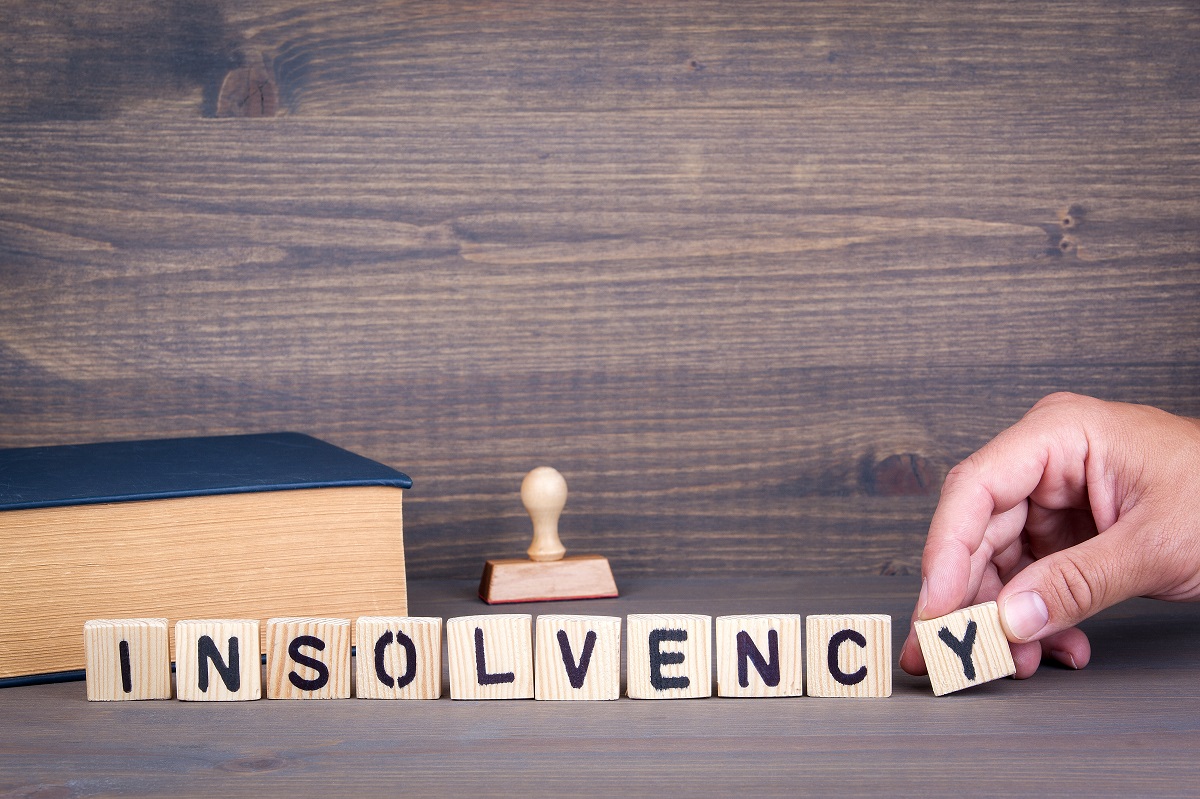Insolvency Practitioner - The Facts
Insolvency Practitioner - The Facts
Blog Article
4 Easy Facts About Insolvency Practitioner Shown
Table of ContentsThe Buzz on Insolvency PractitionerGet This Report about Insolvency PractitionerSome Ideas on Insolvency Practitioner You Need To KnowThe smart Trick of Insolvency Practitioner That Nobody is Discussing9 Simple Techniques For Insolvency Practitioner
Whether or not you need to make use of a bankruptcy expert (IP) to liquidate your business depends upon various factors. While engaging a bankruptcy professional for all types of liquidation is not a legal need, doing so can typically improve the process and make sure conformity with legal needs. Liquidating a firm is a vital choice that includes considerable repercussions.
It is a treatment utilized when a business does not have any type of financial institutions, or all of their lenders can be settled completely with statutory interest. Understanding the various kinds of bankruptcy processes can assist you establish the very best strategy for your company's liquidation or other official insolvency treatments itself.
This is mandatory in order to comply with legal demands - Insolvency Practitioner. This is because IPs have the needed credentials and experience to make sure that the liquidation process is carried out based on all relevant legislations and guidelines. By engaging an accredited bankruptcy practitioner, you can have peace of mind recognizing that your firm's liquidation procedure will certainly be managed expertly and in compliance with the appropriate legal requirements
Insolvency Practitioner Fundamentals Explained
The insolvency practitioner is appointed as a liquidator and is accountable for taking care of the company and liquidator's debts exceptional liabilities and possessions. This procedure involves selling the firm's possessions and dispersing the proceeds to lenders. Upon conclusion of the process, the firm is eliminated from the register at Business Home.
Failing to do so can cause individual responsibility for the firm or director for the financial institution's debts. Voluntary liquidation, which consists of Lenders' Volunteer Liquidation (CVL) and Participants' Voluntary Liquidation (MVL), is initiated by the business's supervisors and shareholders when they can no longer pay their financial debts. In a CVL, the bankruptcy professional is designated as the liquidator, responsible for taking care of firm financial obligations and all business possessions.

The Facts About Insolvency Practitioner Uncovered
By assessing the competence and experience of potential insolvency experts, you can ensure that you choose an expert that possesses the needed certifications to handle your firm's liquidation he has a good point procedure properly. While insolvency practitioner-led liquidation is frequently the most ideal strategy for firms dealing with bankruptcy, there are different approaches to take into consideration, such as striking off and partial liquidation.
It's necessary to review all offered alternatives prior to selecting the next finest option or strategy for your company. Striking off business' registers is a much more uncomplicated and cost-effective way to shut dormant or small business with no financial obligations or properties. To strike off a company, its name is eliminated from the Companies Home register by sending type DS01.
Before choosing striking off, it's essential to weigh the benefits and disadvantages of this approach and consider whether it's the right option for your business. Partial liquidation is one more choice to insolvency practitioner-led liquidation, where a business liquidates particular properties and obligations while proceeding to run with the remaining assets and obligations.
An Insolvency Professional will be able to encourage you of the finest strategy to take and make certain that every little thing runs efficiently. Regrettably, it is not feasible to sell off a company without a liquidator. Assigning an authorized insolvency specialist is necessary for the process of volunteer liquidation to start.
Insolvency Practitioner Can Be Fun For Everyone
It is feasible to close and liquidate your company Learn More Here without using a liquidator, provided your business is solvent and you satisfy the eligibility requirements to dissolve or liquidate it. If your firm is financially troubled, you may be needed to use a liquidator and begin formal insolvency treatments. Below are a few other insightful posts pertaining to company liquidation in the UK:.
Remaining in a placement where you're incapable to pay your company's lenders is incredibly demanding. In an attempt to prevent boosting the level of debt, several business attempt to negotiate straight with their financial institutions and consent to a casual plan. If the debt is rather small and owed to one creditor, and the creditor is being participating, participating in an casual debt arrangement is probably the most effective solution, as opposed to looking the internet for 'an insolvency professional near me'.
On the various other hand, here if there are multiple financial institutions and the degree of financial obligation is large, lenders might not be so prepared or participating. To avoid liquidation or bankruptcy, it is better to work with an insolvency expert to prepare formal propositions and bargain with creditors on your behalf.
How Insolvency Practitioner can Save You Time, Stress, and Money.
Whilst it is a method to manage debt, there are considerable dangers involved with this sort of financial obligation arrangement - Insolvency Practitioner. If a creditor is willing to become part of an informal plan (IA) whereby the borrower has agreed to make normal, if reduced, repayments to pay off the debt, it is very important to adhere to the contract

The financial institution is within their civil liberties to back out of the contract and request the courts for your firm to be liquidated at any time. A formal arrangement that has been proposed by a bankruptcy professional in your place, and agreed by a lender, supplies a much safer option.
Report this page